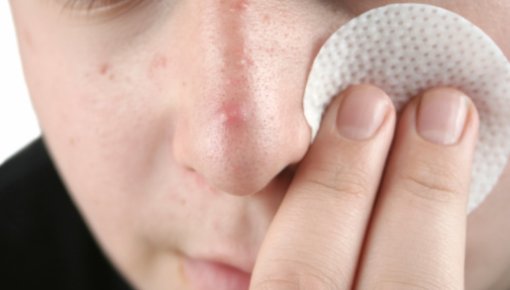Cao H, Yang G, Wang Y et al. Complementary therapies for acne vulgaris. Cochrane Database Syst Rev 2015; (1): CD009436.
Magin P, Adams J, Heading G et al. The causes of acne: a qualitative study of patient perceptions of acne causation and their implications for acne care. Dermatol Nurs 2006; 18(4): 344-349, 370.
Magin P, Adams J, Heading G et al. Psychological sequelae of acne vulgaris: results of a qualitative study. Can Fam Physician 2006; 52(8): 978-979.
National Institute for Health and Care Excellence (NICE). Acne Vulgaris: management. (NICE Guidelines; No. NG198). 2023.
Prior J, Khadaroo A. 'I sort of balance it out'. Living with facial acne in emerging adulthood. J Health Psychol 2015; 20(9): 1154-1165.
Reynolds RV, Yeung H, Cheng CE et al. Guidelines of care for the management of acne vulgaris. J Am Acad Dermatol 2024; 90(5): 1006.e.
Romano M, Dellavalle RP, Naldi L. Acne vulgaris. In: Williams H (Ed). Evidence-based dermatology. London: BMJ Publishing Group; 2014.
Williams HC, Dellavalle RP, Garner S. Acne vulgaris. Lancet 2012; 379(9813): 361-372.
Zaenglein AL, Pathy AL, Schlosser BJ et al. Guidelines of care for the management of acne vulgaris. J Am Acad Dermatol 2016; 74(5): 945-973.
IQWiG health information is written with the aim of helping people understand the advantages and disadvantages of the main treatment options and health care services.
Because IQWiG is a German institute, some of the information provided here is specific to the German health care system. The suitability of any of the described options in an individual case can be determined by talking to a doctor. informedhealth.org can provide support for talks with doctors and other medical professionals, but cannot replace them. We do not offer individual consultations.
Our information is based on the results of good-quality studies. It is written by a team of health care professionals, scientists and editors, and reviewed by external experts. You can find a detailed description of how our health information is produced and updated in our methods.

